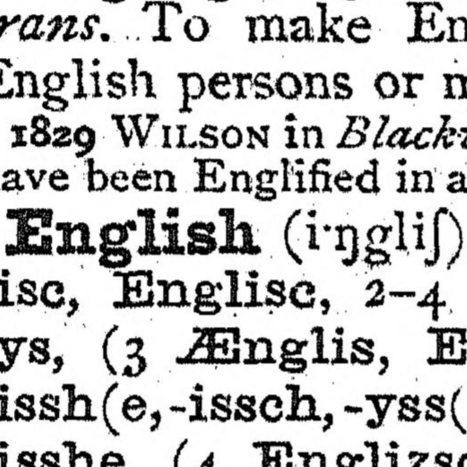When I first learnt English, I thought this type of formulation only worked with a few verbs like “do”, “have”,“should” (ex: “Should I do this? No, I shouldn’t.”)
More recently I also encountered “Need I?” and “needn’t”, tho they’re more rarely used. But this got me wondering, is it still an exceptional construction, with “need” being one of the exceptions, or can it be done with every verbs? For example, are the following sentences correct:
- Read you mangas? No, I readn’t them.
- Grow they potatoes? No, they grown’t these.
- Sounds it like a good idea? No, it soundsn’t.
I know talking like this would raise a few eyebrows, but does it break any established rule?


For correctness, it only works with a few words like you mentioned, and in specific circumstances.
Playfully or in old form speech that people don’t commonly use any more, people can expand it to a few other words.
You have to be able to replace the “n’t” with “not”, and you wouldn’t say “no, I read not them”.
Other replies explained the technical rules better than I, but I thought a less technical answer might be appreciated.
If you’re being playful, you could say “I read not the mangas”, which doesn’t sound wrong as “I readn’t the mangas”. (I don’t know why you can’t use “them” in this context, but there’s definitely a technical reason).
Just be aware that you would come across as archaic and silly, and possibly incomprehensible depending on who you’re talking to and their comfort with wordplay.
This is because contraction is a form of reduction, and post-verb negation can’t be reduced due to its significance.
“I read not the mangas” actually sounds grammatical if poetic.
You can, but the word order shifts: “I read them not.” I don’t know the precise reason, but I suspect that it’s due to verb complements being a higher priority than negation.